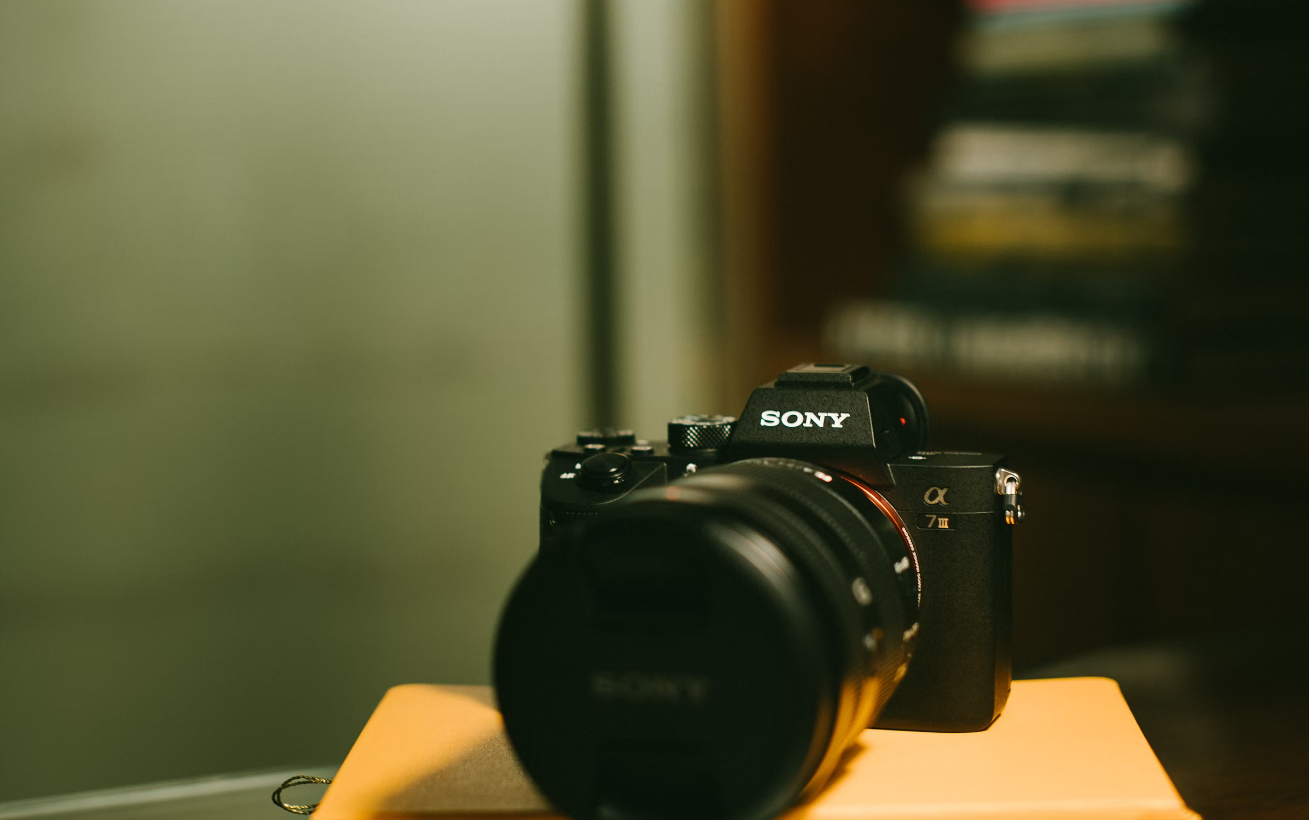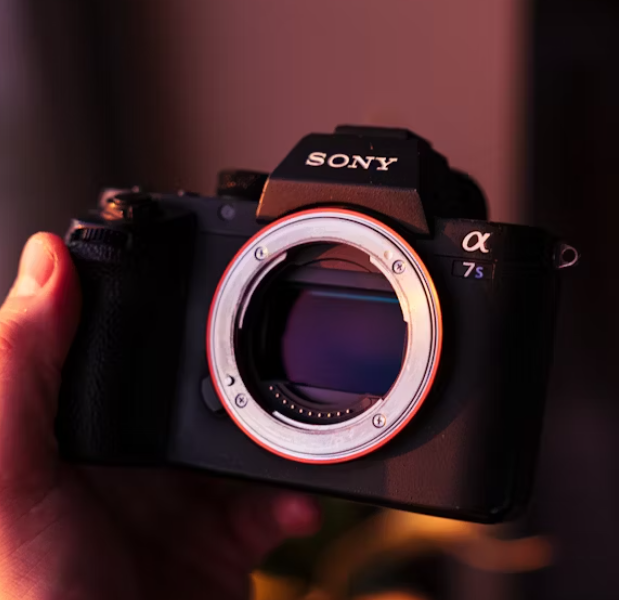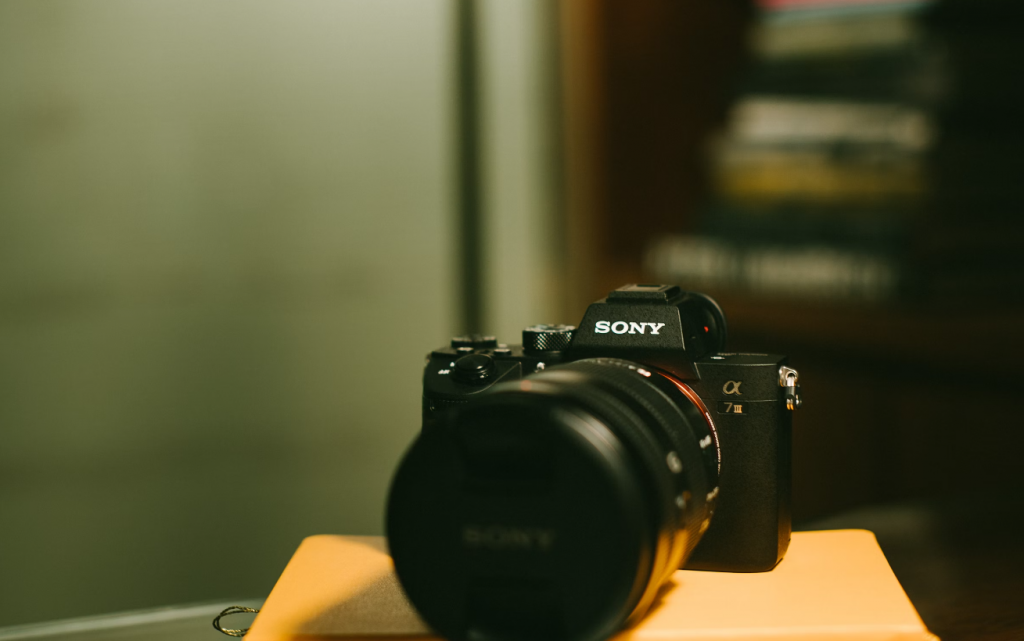Camera Wars: Mirrorless vs. DSLR for Photography Enthusiasts
4 min read
Are you a photography enthusiast caught in the crossfire of the ongoing battle between mirrorless and DSLR cameras? The debate rages on, stirring up a storm of opinions, leaving many wondering which side to choose. In this era of rapid technological advancements, the decision between these two formidable contenders is not merely a matter of preference but a crucial juncture that could shape your photographic journey. So, how do you navigate through this maze of choices and make an informed decision? Let’s delve into the heart of the matter and unravel the mysteries surrounding mirrorless and DSLR cameras.
In the realm of photography, the choice between mirrorless and DSLR cameras often perplexes even the most seasoned enthusiasts. To comprehend the essence of this debate, one must first grasp the fundamental differences between these two technological marvels. DSLR, short for Digital Single-Lens Reflex, has been the stalwart of professional photographers for decades. Its optical viewfinder, facilitated by a mirror mechanism, offers a traditional shooting experience cherished by many. On the other hand, mirrorless cameras have stormed onto the scene, boasting compact bodies and cutting-edge electronic viewfinders. This departure from the conventional mirror mechanism has ushered in a new era of innovation, challenging the supremacy of DSLRs.
The Evolution of Photography Technology
The advent of mirrorless cameras heralds a paradigm shift in photography technology. Gone are the days of bulky DSLRs monopolizing the market; mirrorless cameras have emerged as sleek, versatile alternatives. Their compact size and lightweight build make them ideal companions for photographers on the go. Additionally, mirrorless cameras boast advanced features such as in-body image stabilization and silent shooting modes, setting them apart from their DSLR counterparts. Moreover, the absence of a mirror mechanism eliminates the notorious issue of front or back focusing, ensuring pinpoint accuracy in every shot.
Performance and Image Quality
When it comes to performance and image quality, both mirrorless and DSLR cameras hold their own distinctive advantages. DSLRs excel in capturing fast-moving subjects with their reliable phase-detection autofocus systems, making them a preferred choice for sports and wildlife photography. Furthermore, DSLRs typically offer a wider range of native lenses, catering to diverse shooting scenarios. Conversely, mirrorless cameras leverage cutting-edge technology to deliver lightning-fast autofocus speeds and impressive burst rates. The electronic viewfinder of mirrorless cameras provides a real-time preview of exposure settings, allowing photographers to fine-tune their shots with unparalleled precision.

Adaptability and Future-Proofing
One of the defining characteristics of mirrorless cameras is their adaptability to a myriad of lenses through the use of adapters. This versatility enables photographers to harness the full potential of legacy glass and third-party lenses, expanding their creative horizons. Furthermore, the mirrorless platform holds the promise of future innovations, with manufacturers continuously pushing the boundaries of technology. With firmware updates and software enhancements becoming commonplace, mirrorless cameras offer a level of future-proofing that is unparalleled in the world of photography.
Ergonomics and User Experience
While technical specifications undoubtedly play a pivotal role in camera selection, ergonomics and user experience should not be overlooked. DSLRs, with their robust grip and tactile controls, provide a familiar shooting experience for seasoned photographers. However, the compact form factor of mirrorless cameras appeals to users seeking portability and convenience without compromising on performance. Moreover, the intuitive touchscreen interfaces of mirrorless cameras cater to a younger demographic accustomed to smartphone navigation, bridging the gap between traditional photography and modern technology.
The Verdict: Which Side Should You Choose?
In the battle of mirrorless vs. DSLR, there is no definitive winner. Each camp has its strengths and weaknesses, catering to different needs and preferences. For photographers prioritizing speed, accuracy, and a vast selection of lenses, DSLRs remain a formidable choice. Conversely, mirrorless cameras offer unparalleled versatility, compactness, and future-proofing, making them an enticing option for those embracing innovation. Ultimately, the decision boils down to your individual shooting style, preferences, and long-term goals as a photographer.
Conclusion
The ongoing rivalry between mirrorless and DSLR cameras underscores the dynamic nature of the photography industry. As technology continues to evolve, so too will the capabilities of these two formidable contenders. Whether you pledge allegiance to the tried-and-tested DSLR or embrace the cutting-edge innovation of mirrorless cameras, one thing remains certain – the future of photography has never looked more promising.

FAQs
- Are mirrorless cameras better than DSLRs?
- Both mirrorless and DSLR cameras have their own set of advantages and limitations. The superiority of one over the other depends on your specific needs and shooting preferences.
- Do mirrorless cameras have better image quality?
- Mirrorless cameras often boast comparable image quality to DSLRs, thanks to advancements in sensor technology and image processing algorithms.
- Are DSLRs becoming obsolete?
- While the rise of mirrorless cameras has certainly impacted the market, DSLRs continue to be favored by many professional photographers for their reliability and extensive lens ecosystems.
- Can I use my existing lenses with a mirrorless camera?
- Yes, many mirrorless cameras support adapters that allow you to use DSLR lenses, albeit with certain limitations in autofocus performance.
- Which is better for beginners: mirrorless or DSLR?
- Both mirrorless and DSLR cameras offer excellent options for beginners. The choice ultimately depends on factors such as budget, learning curve, and preferred shooting style.




